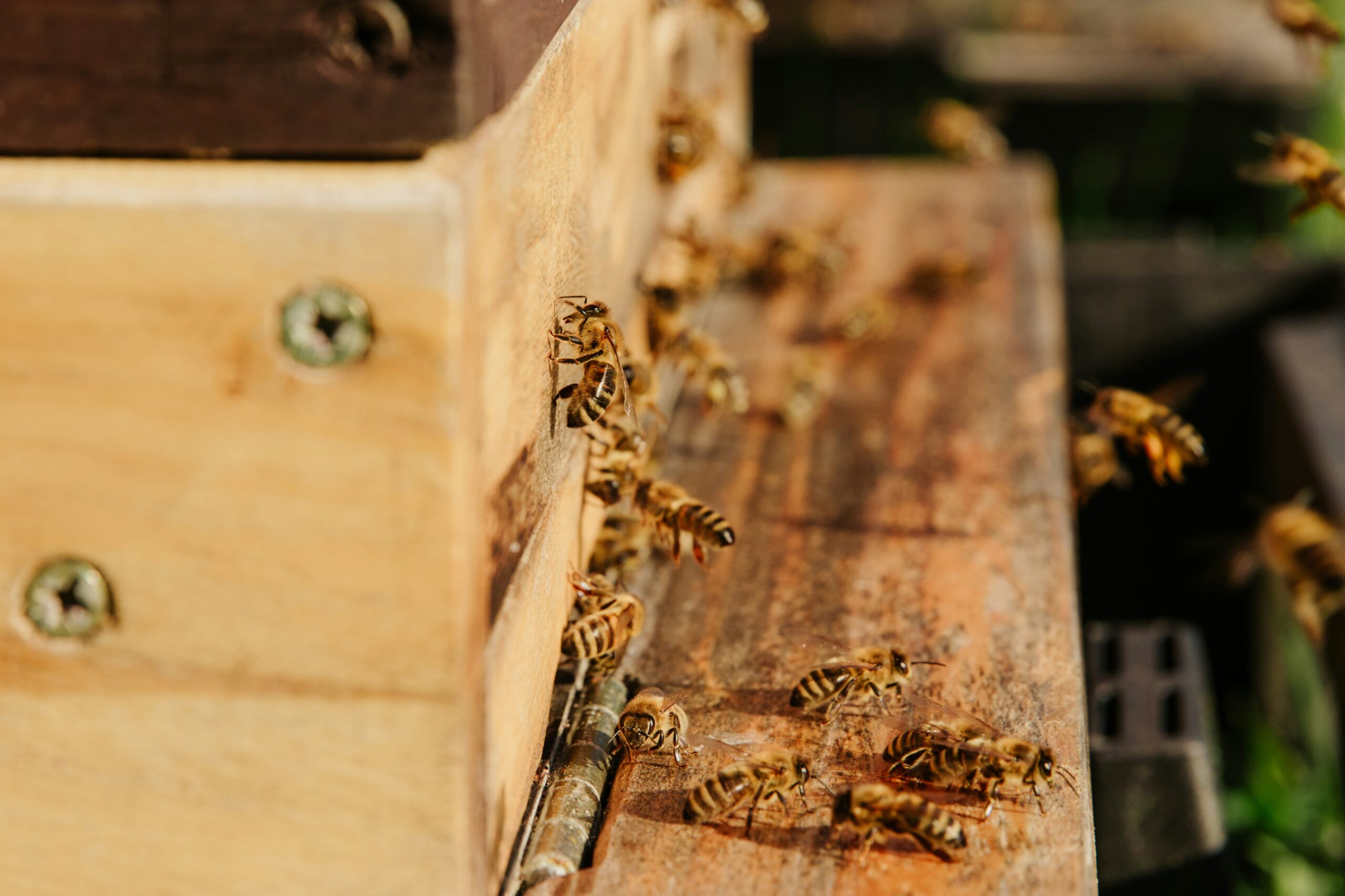
Beekeeping is a hobby that has gained widespread popularity, especially among educators who seek a hands-on approach to environmental awareness. For one school principal, it has become more than just a pastime—it’s a way to connect with nature while teaching students about sustainability and the importance of pollinators in the ecosystem. This article explores the benefits of sustainable beekeeping, how it has shaped the educational experience, and why it has become a rewarding hobby for many.
The Environmental Importance of Beekeeping
Bees play an essential role in pollinating plants, which is crucial for the growth of fruits, vegetables, and flowers. Without bees, the world’s food supply would be significantly impacted. For a principal passionate about environmental stewardship, beekeeping provides an educational tool that fosters awareness of the importance of bees in maintaining biodiversity. Sustainable beekeeping practices not only help protect the bee population but also support the broader ecosystem, including the pollination of trees, plants, and crops.
Incorporating beekeeping into school curricula or as an extracurricular activity allows students to understand firsthand the intricacies of life in a hive. Learning about the responsibilities of a beekeeper, the behavior of bees, and the process of honey production can foster a deeper connection to nature and a better understanding of ecological balance. Sustainable beekeeping helps ensure that beekeepers are contributing to the health of bee populations, using methods that minimize harm and preserve the natural environment.
Teaching Responsibility Through Beekeeping
For many educators, sustainable beekeeping goes beyond the environmental benefits—it provides an excellent opportunity for students to learn responsibility and respect for living creatures. A beekeeping program at a school introduces students to the daily duties of a beekeeper, such as monitoring hive health, managing the bees, and harvesting honey. This hands-on experience teaches students patience and dedication, as beekeeping requires consistency and care to maintain healthy, productive hives.
Beekeeping also teaches students the importance of teamwork, as tending to a beehive often requires group effort. Whether it’s building a new hive, checking the health of the colony, or extracting honey, working together as a team is essential for success. These collaborative activities promote problem-solving skills and allow students to understand the role of each individual in the community, drawing parallels to how bees work together for the success of the entire hive.
Sustainability and Honey Production
Sustainable beekeeping practices focus on creating a harmonious balance between the beekeeper and the bees. For example, rather than overharvesting honey, sustainable beekeepers leave enough for the bees to survive through the winter. Additionally, they focus on maintaining the health of the hive, ensuring that the bees are not exposed to harmful pesticides or chemicals. This approach not only protects the bees but also produces high-quality honey, which can be sold to generate funds for educational programs.
For the school principal who embraces beekeeping as a hobby, the process of honey production becomes an exciting lesson in sustainability. Students can learn about the various stages of honey production, from the bees’ foraging habits to the complex process of nectar transformation. Harvesting honey also provides an opportunity for students to explore the nutritional benefits of honey, its various uses, and the connection between healthy food systems and environmental responsibility.
Promoting Environmental Awareness
Sustainable beekeeping offers an engaging way to promote environmental awareness in schools and communities. Students involved in the beekeeping program can develop an appreciation for nature and a deeper understanding of the challenges faced by pollinators. Educators can use beekeeping as a tool to teach students about the impact of habitat loss, climate change, and pesticide use on bee populations. These lessons are essential for fostering the next generation of environmental stewards who are committed to protecting our planet.
For the principal, this hobby also serves as a reminder of the interconnectedness of life. It’s a daily lesson in sustainability, as the health of the hive and the environment are directly linked. By integrating beekeeping into the school curriculum, students can learn about sustainability in a hands-on, impactful way. The knowledge gained from working with bees can inspire them to take action in their own lives, whether it’s through reducing their environmental footprint or advocating for sustainable practices in their communities.
Sustainable beekeeping is not just a hobby for one principal—it’s an opportunity to educate and inspire the next generation of environmental leaders. By incorporating beekeeping into the school environment, students gain valuable insights into sustainability, ecology, and the importance of pollinators in our world. As a hobby, it allows the principal to foster a deeper connection to nature while simultaneously providing meaningful educational experiences for students. Whether it’s through responsibility, teamwork, or environmental awareness, sustainable beekeeping has the potential to create lasting positive impacts on both individuals and the community as a whole.